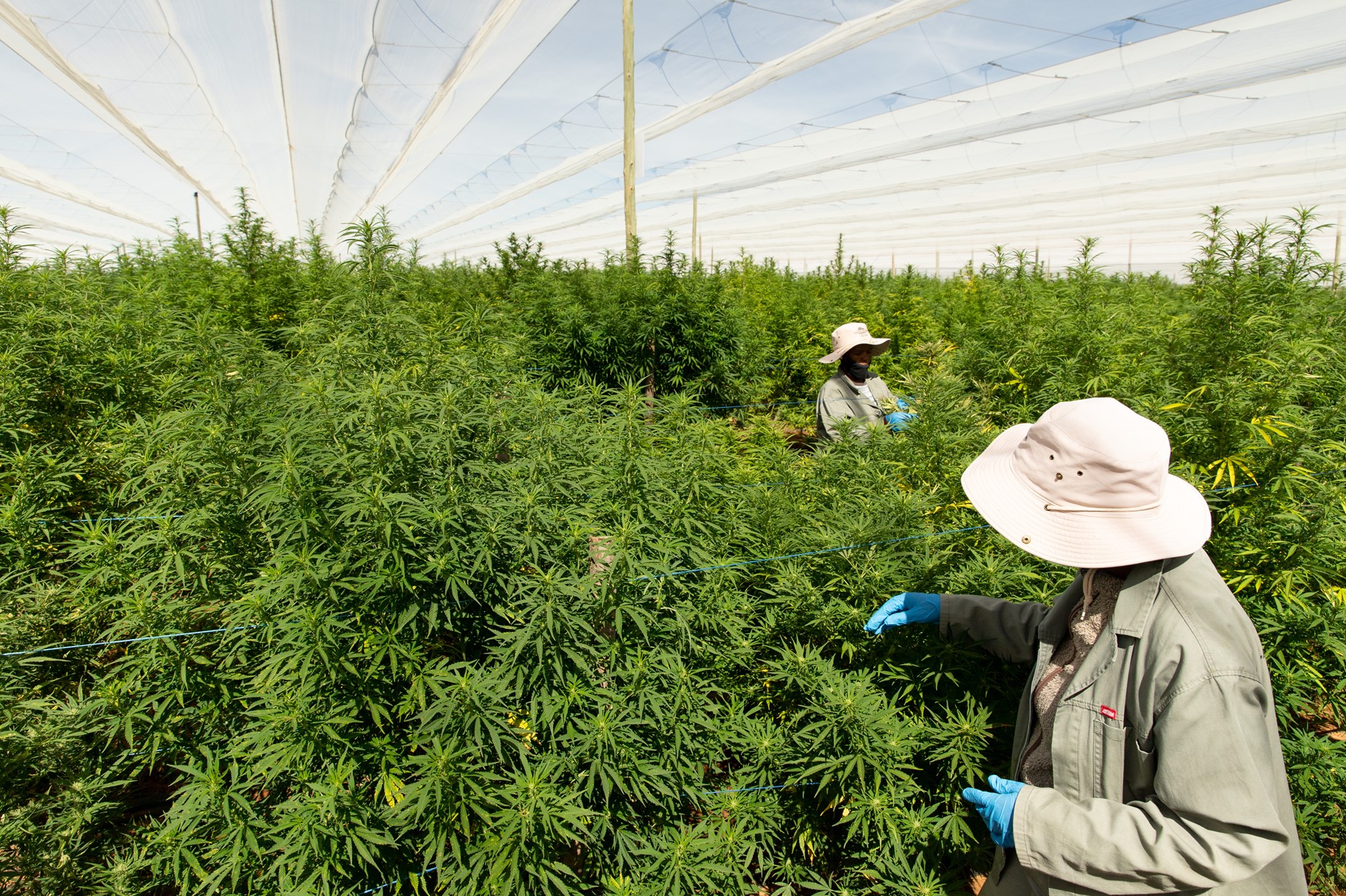411
South Africa’s Cannabis Industry: Policy Reversals and a R28 Billion Opportunity

Cannabis, also known as hemp, has been cultivated for centuries across various regions, from Central Asia to Africa and the Americas. Historically used for textiles, paper, and medicine, cannabis legalisation has gained traction worldwide, though policies remain inconsistent.
The Netherlands pioneered de facto legalisation in 1976, allowing small amounts to be sold in coffee shops. Among BRICS+ nations, Brazil decriminalised cannabis for personal and medical use in 2006, while South Africa followed in 2018 with a landmark ruling allowing private use and cultivation. However, South Africa’s regulatory framework remains in flux, affecting the industry’s growth and stability.
South Africa’s Cannabis Legalisation Journey
In September 2018, South Africa’s Constitutional Court ruled that banning cannabis violated the right to privacy, allowing adults to cultivate and use it privately. This positioned South Africa as one of the few BRICS+ countries with legal cannabis access.
Cannabis serves multiple purposes, from medical applications—treating chronic pain, anxiety, and neurological conditions—to recreational use for relaxation. With rising global acceptance, South Africa had the potential to establish a regulated and lucrative cannabis market.
The R28 Billion Economic Potential
According to South Africa’s 2025 National Cannabis Master Plan, the cannabis industry could be worth R28 billion, creating up to 25,000 jobs in cultivation, processing, and distribution. This growth could significantly impact South Africa’s economy, which faces high unemployment rates.
Additionally, small-scale farmers and indigenous communities could benefit from the formalisation of the cannabis industry. By integrating local economies into the financial system, South Africa could establish a model for other BRICS+ nations looking to regulate cannabis production.
Regulatory Uncertainty and Policy Reversals
Despite the promising economic outlook, policy instability threatens the industry’s progress. Recent legal fluctuations highlight ongoing challenges:
-
Minister of Health Aaron Motsoaledi’s declaration last week abruptly criminalised private cannabis use and cultivation under the Medicines and Related Substances Act.
-
Restrictions on low-dose CBD products and cannabis-infused foods jeopardised businesses that had already invested in the industry.
-
Public backlash led to President Cyril Ramaphosa retracting the regulation on March 26, 2025, reinforcing concerns over inconsistent policy decisions.
These sudden policy changes create uncertainty for investors, businesses, and consumers. A lack of clear, long-term cannabis regulations could hinder South Africa’s potential to lead the BRICS+ cannabis market.
The Future of Cannabis in South Africa
To unlock the full potential of South Africa’s cannabis industry, policymakers must establish a stable regulatory framework that balances public health concerns with economic opportunities. Extensive stakeholder engagement—including industry players, medical experts, and farmers—is essential to ensure sustainable industry growth.
As South Africa refines its approach, it could serve as a model for other BRICS+ nations seeking to regulate and benefit from the cannabis sector. However, without consistent policies and regulatory clarity, the country risks losing out on a multi-billion-rand opportunity.
{Source IOL}
Follow Joburg ETC on Facebook, Twitter , TikTok and Instagram
For more News in Johannesburg, visit joburgetc.com





















